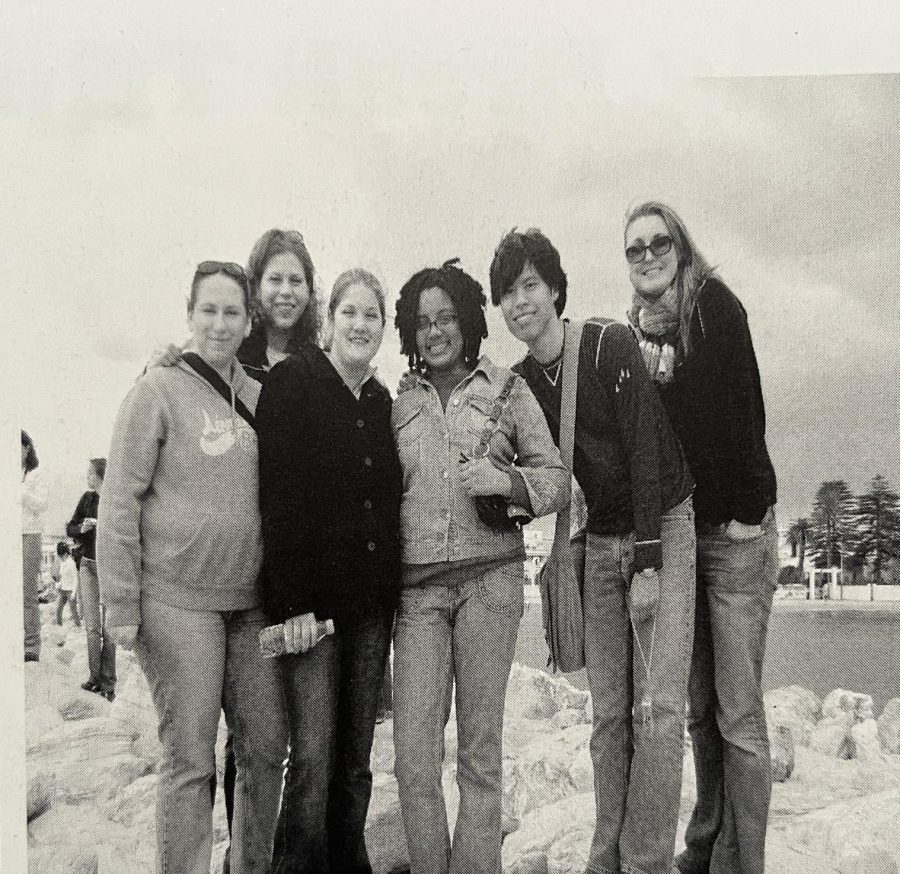Drawing again from my small town roots, looking not so far back as to be reminded of pigtails and overalls but far enough to the days of purple hair and combat boots, I’m struck with a sense of deep embarrassment.
Embarrassment because at 14, and up until my escape from small town monotony at 18, I hated the place. Without providing my life’s complete unabridged history, I want to make the point that as I get further from the metal music muddled mind of my former self, my perspectives on so many things have changed.
Among these is my understanding of success.
One of the reasons I loathed Wautoma, Wisconsin, is that I saw it as quicksand. If you didn’t navigate out of it with just the right amount of caution, you would be trapped there for eternity.
Both my mother and my father went to Wautoma High School, a fact I could never escape thanks to the persistent inquisitions about their respective lives from their former teachers who still walked the halls of the same high school where I took my own turn in attending.
Wautoma embodied every concept of failure I had ever considered. Moving back home to live with your parents, getting married and having kids too young, accepting a hand-me-down job from a family friend, never seeing the big world outside of the 920 area code, et cetera.
Of course this was all before. Before I finally did leave, before I started to see in color and not just black and white. What I have come to find in recent years is that the concept of success is subjective.
For us college students, Marquette is the first step in accomplishing our goals and becoming “successful.” But just because college is the first step to my own idea of success, that doesn’t mean it’s the first step for everybody else.
We look down on people who don’t measure up to our standard of success without acknowledging that success isn’t something that can be measured in the first place.
Over spring break, I heard the news that two different sets of people, both a year younger than I, had gotten engaged. Initially I was disappointed. All four of the now-engaged 19-year-olds are excellent people who I enjoyed knowing, and I couldn’t help but think they were stunting their potential by making such a big choice so early in life.
But who am I to say what is a good decision or a bad decision or when those decisions should be made? I can’t tell anyone what is right or wrong. Isn’t that why the saying, to each their own, exists?
I know several girls from my high school who were mothers before they were graduates. I am aware that teen pregnancy occurs outside of my hometown’s zip code, so I know a lot of people can relate to feeling pity or disapproval toward the 16-year-old with a baby bump.
I’m not condoning high school pregnancies, but all of those girls who I knew are happy to be mothers. They love their children, and they love the life they have created for themselves, despite it not being part of their master plan.
I can’t tell you what success looks like, but I know it feels like joy, or maybe pride. How else can I explain success without sounding like an off-brand Socrates?
Albert Einstein suggested that rather than try to be successful we should try to find value in our lives, but really, I think that’s all success is: finding value in your day-to-day existences, whatever that looks like for you.








